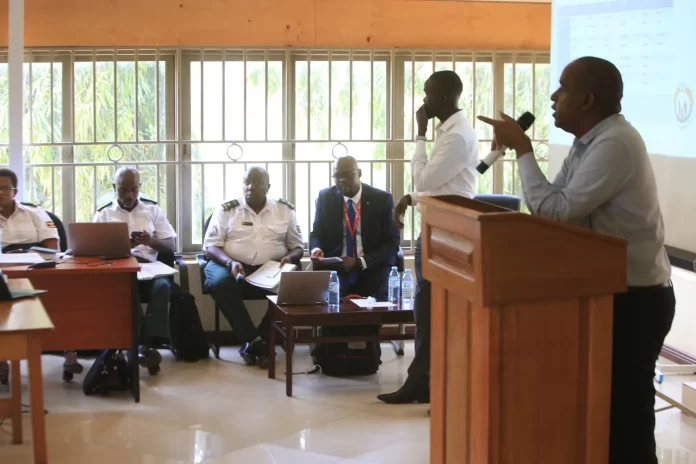The National Identification and Registration Authority (NIRA) is launching a special program to register children born during the Lord’s Resistance Army’s (LRA) captivity for national identification cards (IDs). This initiative aims to address the challenges faced by these children due to a lack of official documentation.
Maj (Rtd) Mesach Rwabutomize, who was leading the NIRA team, announced the project during a workshop for District and Deputy District Internal Security Officers (DISOs and deputies) in Entebbe on June 25, 2024. The program will target areas in the West Nile region and those affected by the LRA war.
He added that NIRA’s standard registration process requires a child to present parental identification. Maj Rwabutomize, however, said that in this situation, many parents were killed during the conflict, and others have no official IDs themselves.
The Major highlighted this specific challenge, particularly in the Acholi and Lango regions of West Nile.
He further said that a lack of identification has hindered the children’s ability to access essential services like opening bank accounts and enrolling in education.
In line with this, Maj Rwabutomize noted that the registration exercise will involve collaboration between NIRA, local leaders, security officers, and traditional authorities, but the local leaders will play a crucial role in identifying the said children for registration.
“The Ministry of Justice and Social Affairs has also pledged its support to ensure the program’s success,” he said.
He further emphasized the ongoing stigma faced by some of the children in question within their communities, highlighting the importance of full registration.
The program is expected to cater for a significant number of children. This initiative follows a 2018 pilot study in the region, which estimated that around 6,000 children were born during the LRA conflict.
This special registration program will grant the children official recognition and access to opportunities that were previously unavailable due to their lack of documentation.






